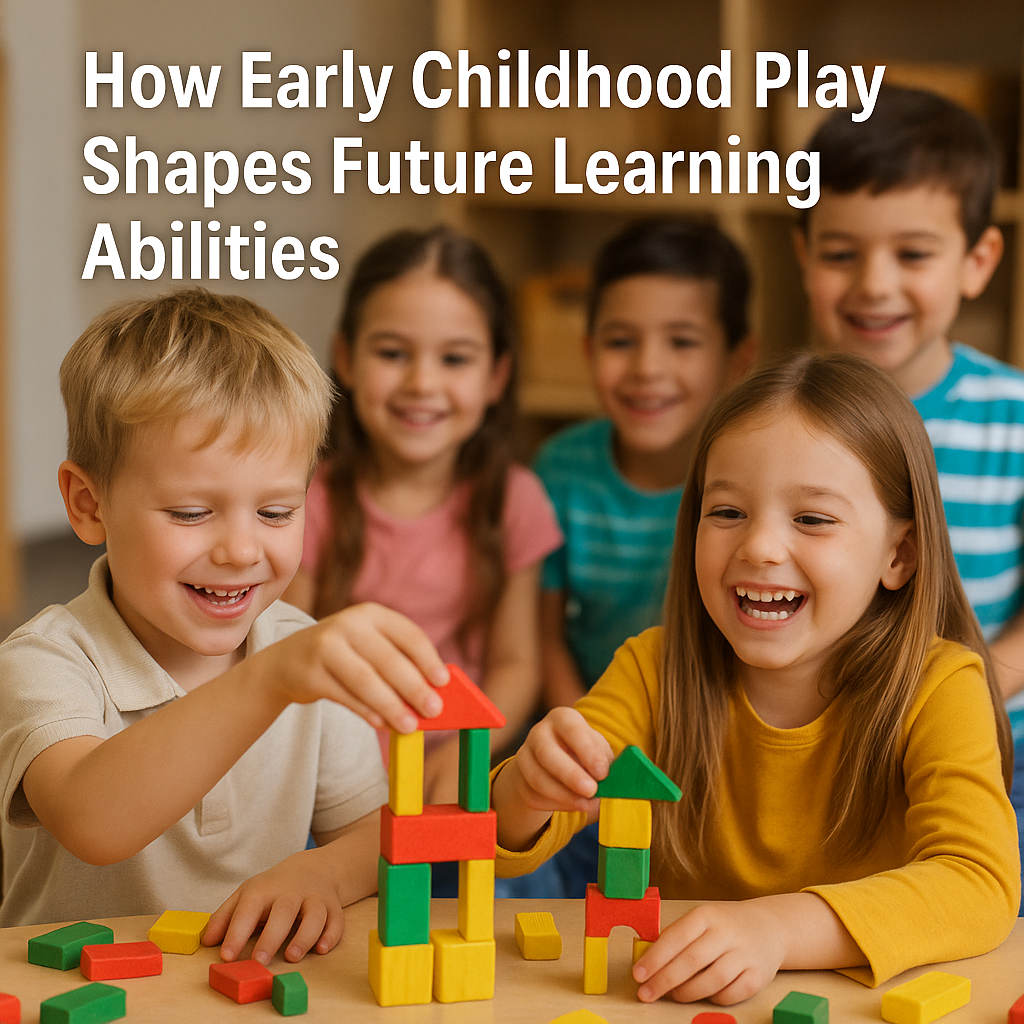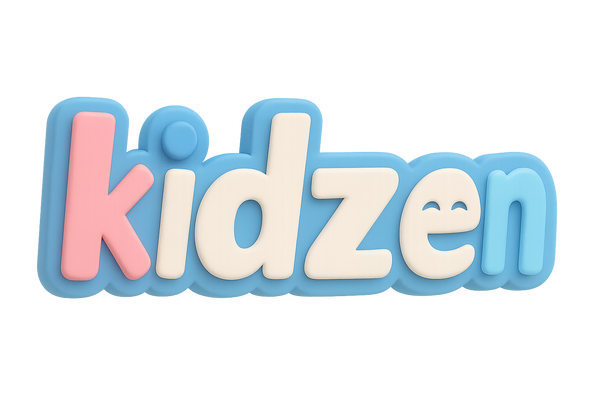
"How Early Childhood Play Shapes Future Learning Abilities"
Share
Intro
Play is often seen as a way for children to have fun, but research shows it’s far more than that. The experiences children have in early childhood — stacking blocks, role-playing with friends, or exploring nature — can have lasting effects on their ability to learn later in life.
A 2020 study in the Early Childhood Research Quarterly found that children who engaged in frequent, varied play before age five showed significantly higher problem-solving skills, stronger memory retention, and better self-regulation by the time they entered primary school.
1. Play Builds Cognitive Foundations
Play encourages exploration, experimentation, and creativity. Activities like building with blocks or solving puzzles develop spatial reasoning, logical thinking, and sequencing skills — all of which are essential for subjects like math and science.
2. Emotional and Social Skills Support Learning
When children engage in cooperative play, they practice communication, empathy, and negotiation. These skills help them work well in group projects, follow instructions, and manage conflicts in school.
3. Self-Regulation for Academic Success
Games that require waiting for a turn or following rules help children learn patience and impulse control. Studies show self-regulation in early childhood strongly predicts later academic performance.
4. Creativity Fuels Problem-Solving
Pretend play allows children to imagine different scenarios and find creative solutions. This kind of thinking translates into flexible problem-solving in academic settings.
Closing
Early play is more than a childhood pastime — it’s a powerful foundation for lifelong learning. By encouraging a variety of play experiences, parents and educators can help set children on a path to academic success and personal growth.
